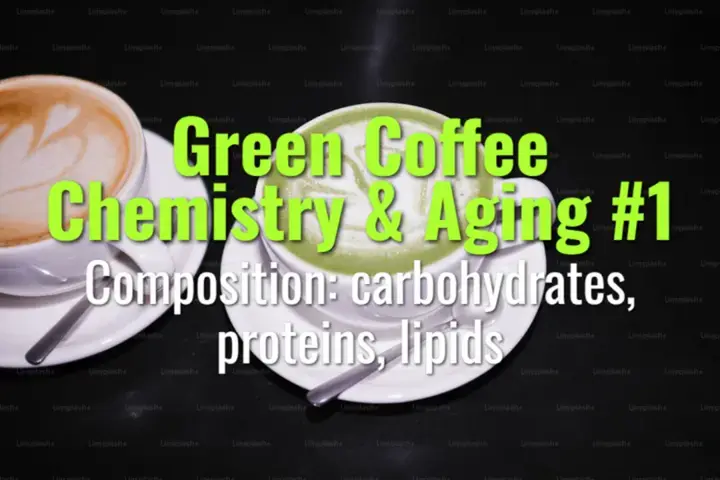
Composition: carbohydrates, proteins, lipids
This topic explains the major chemical components of green coffee—carbohydrates, proteins, and lipids—their roles in green coffee stability, and their transformation during roasting.

This topic explains the major chemical components of green coffee—carbohydrates, proteins, and lipids—their roles in green coffee stability, and their transformation during roasting.
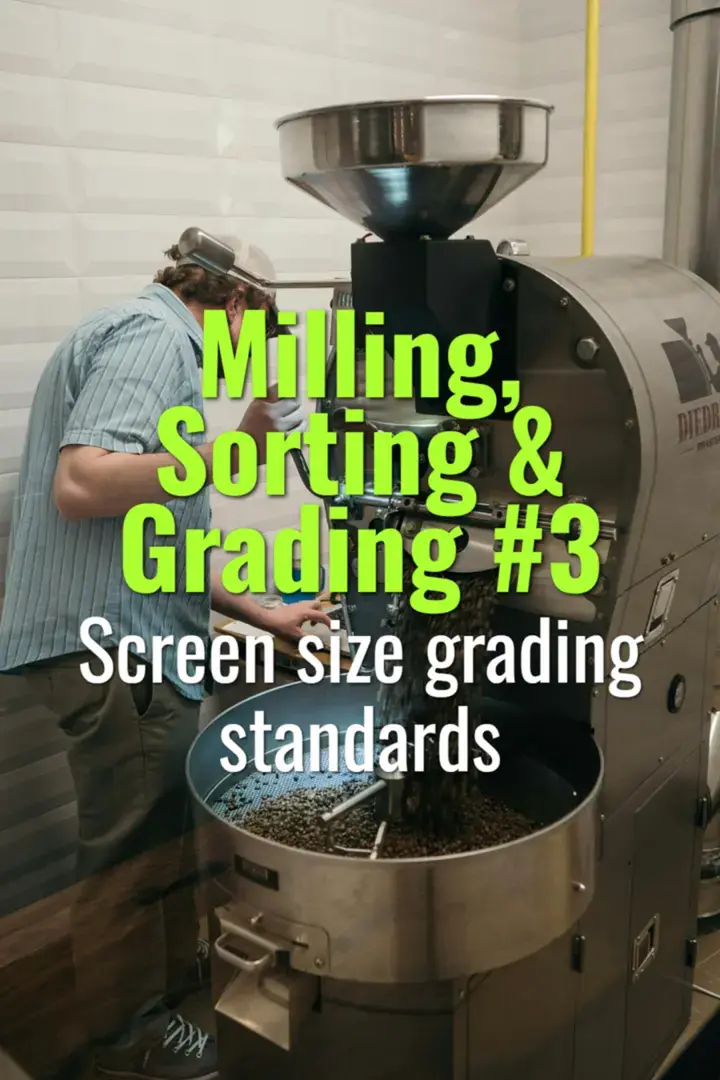
This topic explains screen size grading standards in coffee milling, how they are measured, why they matter for market classification, and their impact on roasting and flavor consistency.
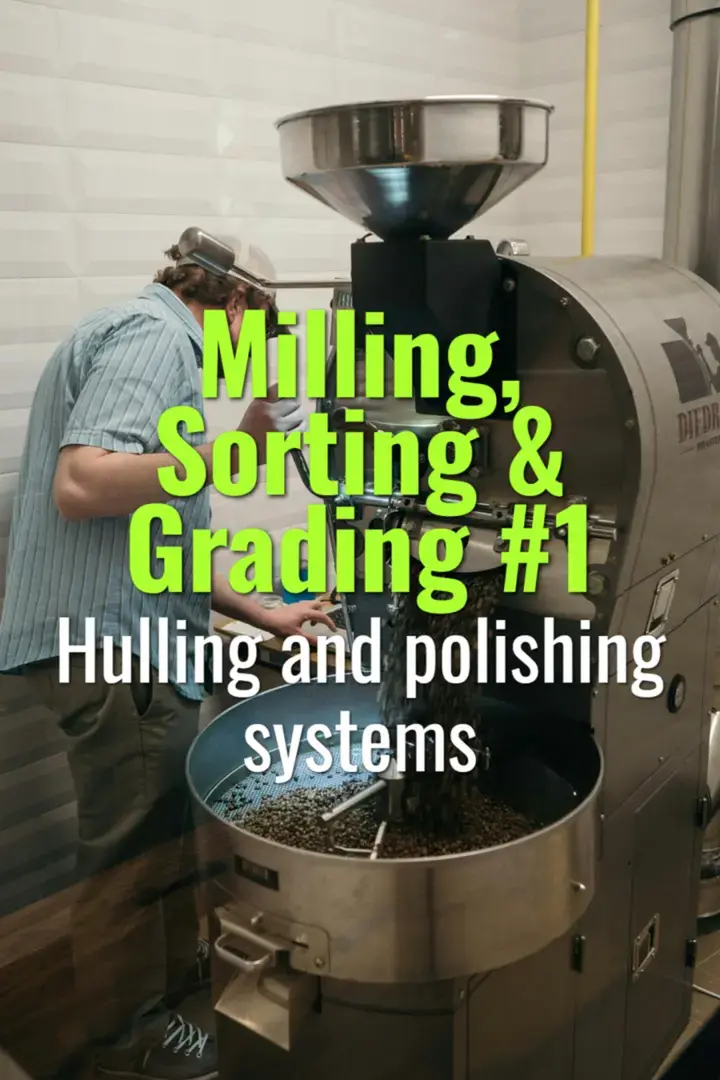
This topic explains how coffee is hulled and polished during dry milling, the types of equipment used, and how these steps influence bean quality, appearance, and market acceptance.
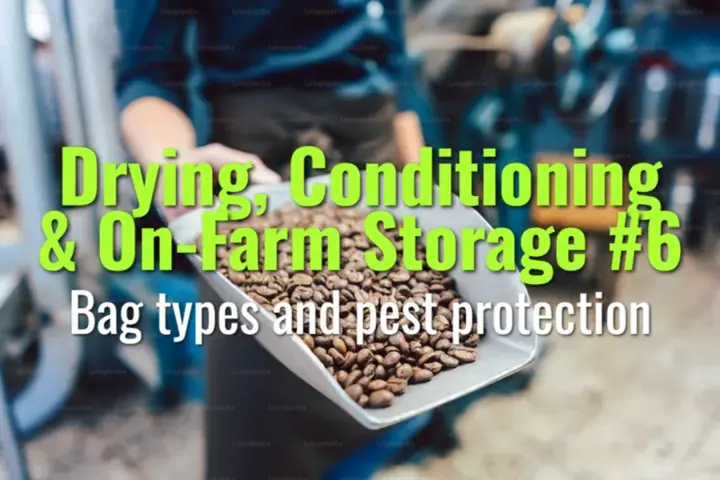
This topic explains the different bag types used for storing coffee in parchment or green form, their strengths and weaknesses, and the best practices for protecting against pests during storage.
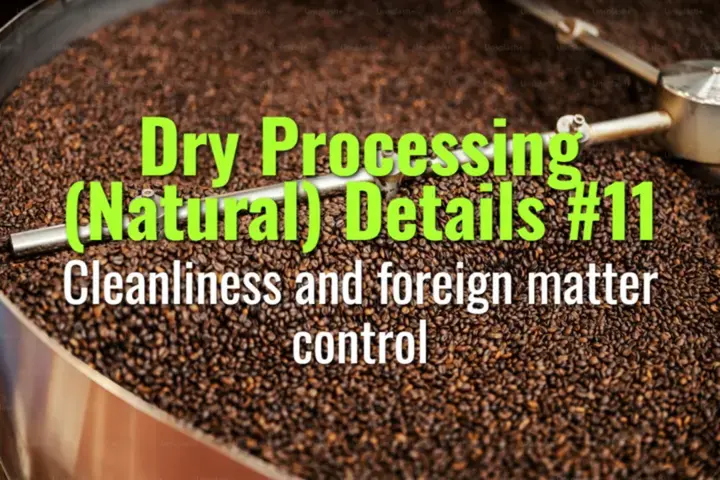
This topic explains why cleanliness and foreign matter control are critical in natural (dry) coffee processing, the common contaminants that occur, and how producers prevent them to protect quality and safety.

This topic explains how washing channels and density separation are used in washed coffee processing to remove defects, improve uniformity, and enhance final cup quality.